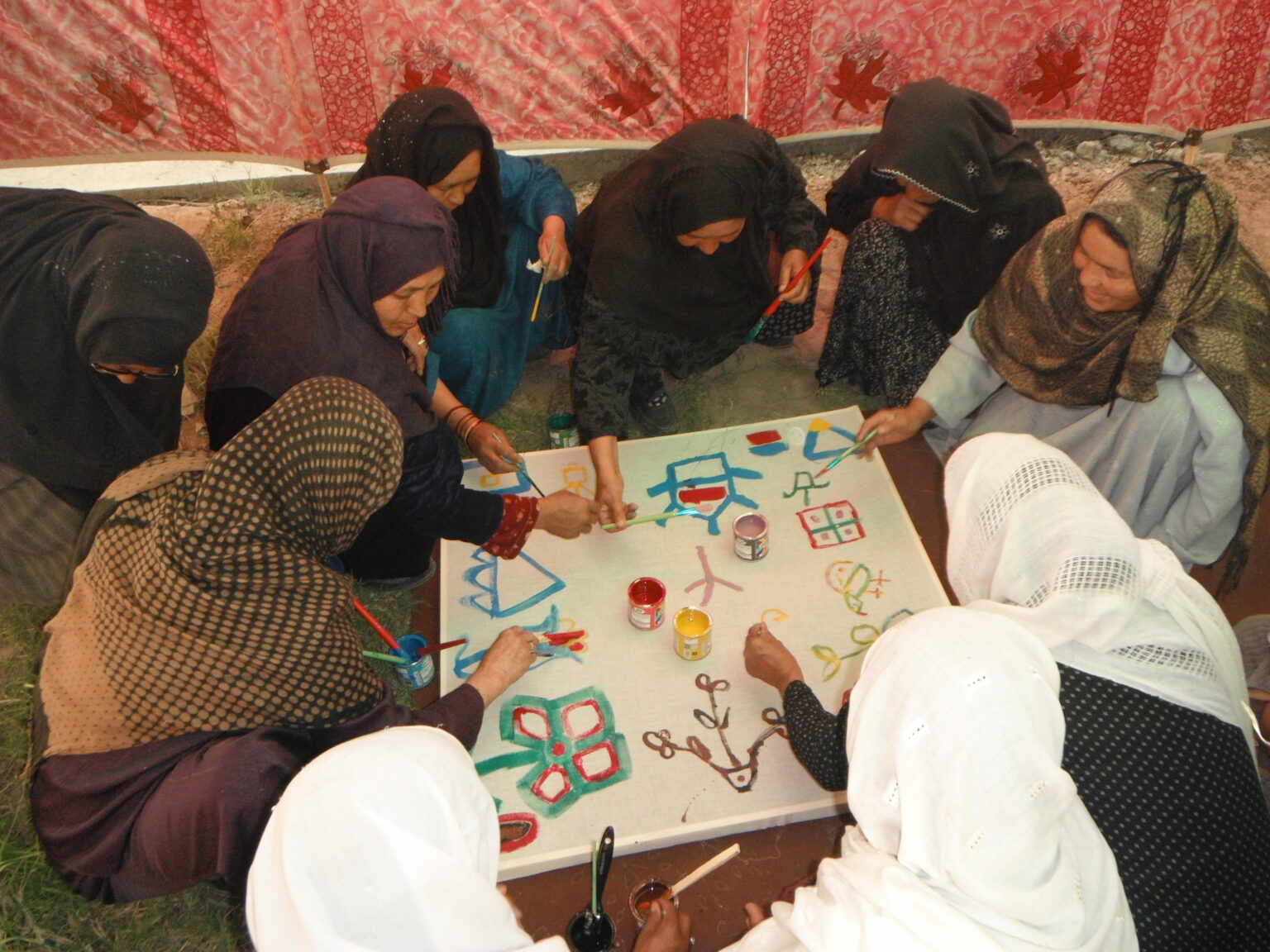Forced displacement is on the rise in all parts of the world. According to the United Nations Refugee Agency, more than 117 million people were forcibly displaced at the end of 2023 as a result of war, violence, human rights violations, or political, ethnic, gender or religious persecution.
Our team recently developed a new resource, In Their Own Voices: A Manual for Inclusive, Victim-Centered Documentation and Memorialization of Forced Displacement, to empower forcibly displaced people to shape their own narratives and ensure their meaningful and equitable participation in decision-making processes. Documenting and memorializing the experiences of forcibly displaced people (FDP) is critical in order to shift negative perceptions and policies that affect them, establish a clear and truthful record of what happened, and ensure the multidimensional needs of FDP are met, including their right to truth, justice and accountability.

To have a truly victim-centered approach to addressing the needs of the forcibly displaced, four key objectives must be met:
- Victims must be allowed the opportunity to speak about violent events earnestly, and to be heard and attended to seriously;
- The suffering of victims must be acknowledged by society, and a condemnation of violence and crimes must be expressed;
- The demands and desires of victims must be placed at the forefront when addressing crimes and empowering victims to have a decisive role in this process; and
- Victims must be actively involved in peace-building programs and the establishment of new, more equitable and just systems
Download the complete manual >>
Adopting a victim-centered approach to documentation and memorialization is important to:
- Avoid exposing survivors and victims to unnecessary risks, including the risk of re-traumatization and re-victimization, or increasing, in some way, their vulnerability
- Restore a sense of safety, power and belonging
- Ensure victims’ and survivors’ voices, multidimensional needs and concerns are heard and directly inform actions and policy-making
- Foster empathy and generate new understandings within host communities and societies of complex topics
- Counter the misinformation and damaging public discourse that leads to discrimination, hatred and violence
Documenting and memorializing the experiences of forcibly displaced people through an inclusive and victim-centered approach can lead to transformative societal change. This manual can be used by policy makers, activists, survivors and others who are dedicated to using tools that center this vital community and support their agency. The publication builds on the work that ICSC is spearheading globally to amplify marginalized voices, promote more inclusive and equitable public narratives, and mitigate societal discrimination and exclusion.
ICSC thanks the Afghanistan Human Rights and Democracy Organization and the eight organizations who participated in the GIJTR project, “Afghanistan Advancing Rights: Adopting an Inclusive and Victim-Centered Documentation and Memorialization Approach.” Their shared insights from the inclusive and victim-centered documentation and memorialization projects with forcibly displaced people in Afghanistan, Bangladesh, Canada, the Czech Republic, England, Germany, Guatemala, Serbia, Spain, Taiwan, Tunisia, Turkey and Uganda have been invaluable in the development of this manual.

